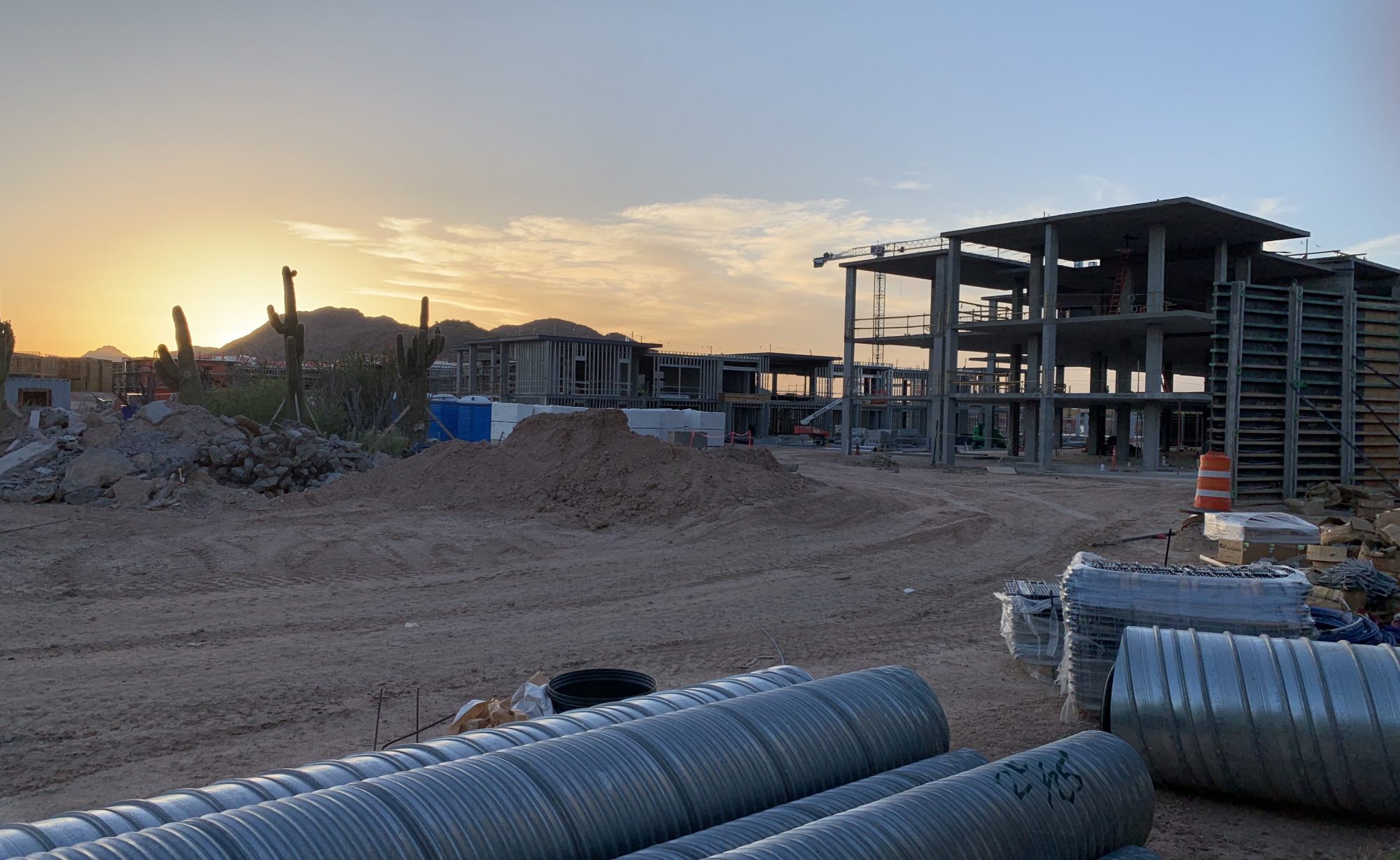The plain language of Arizona Revised Statute § 32-1153 has long prohibited unlicensed contractors from filing lawsuits to collect payment for unlicensed work. The statute “conditions…claim[s] for unpaid work on licensure ‘when the contract sued upon was entered into and when the alleged cause of action arose.'” Crowe v. Hickman’s Egg Ranch, Inc., 202 Ariz. 113, 115, 41 P.3d 651, 653 (App. 2002).
But what happens when a licensed contractor performs both work for which he is licensed and work for which he is not licensed on a construction project? Is the contractor precluded as a matter of law from seeking to recover for the work performed pursuant to his license because he performed the unlicensed work? The Arizona Court of Appeals recently addressed this issue in Chavira v. Armor Designs of Delaware, Inc., 356 P.3d 334 (App. 2015).
In Chivara, the court ultimately held that, pursuant to § 32-1153, the contractor could sue for the value of the work performed pursuant to his license. 356 P.3d at 336-37. The court found support for its decision in Shultz v. Lujan, 948 P.2d 558 (Hawaii Ct. App. 1997), where the Hawaii Court of Appeals addressed the same issue in connection with a statute similar to § 32-1153. Indeed, the Arizona Court of Appeals quoted the concise holding in Lujan, which reads as follows:
If a person contracts to perform the work of a contractor and, at the time of contracting, the person is not licensed to do any of the work, then that person cannot bring a civil action to recover payment for any of the work he has done; however, if the person, at the time of contracting, is licensed to perform some of the work contracted for, then that person can bring a civil action to recover payment for the licensed work he has done, while payment for the unlicensed work remains unrecoverable.
Chavira, 356 P.3d at 336.
For a more detailed description of the facts in Chavira, see my partner Kent Lang’s article on the case here.
